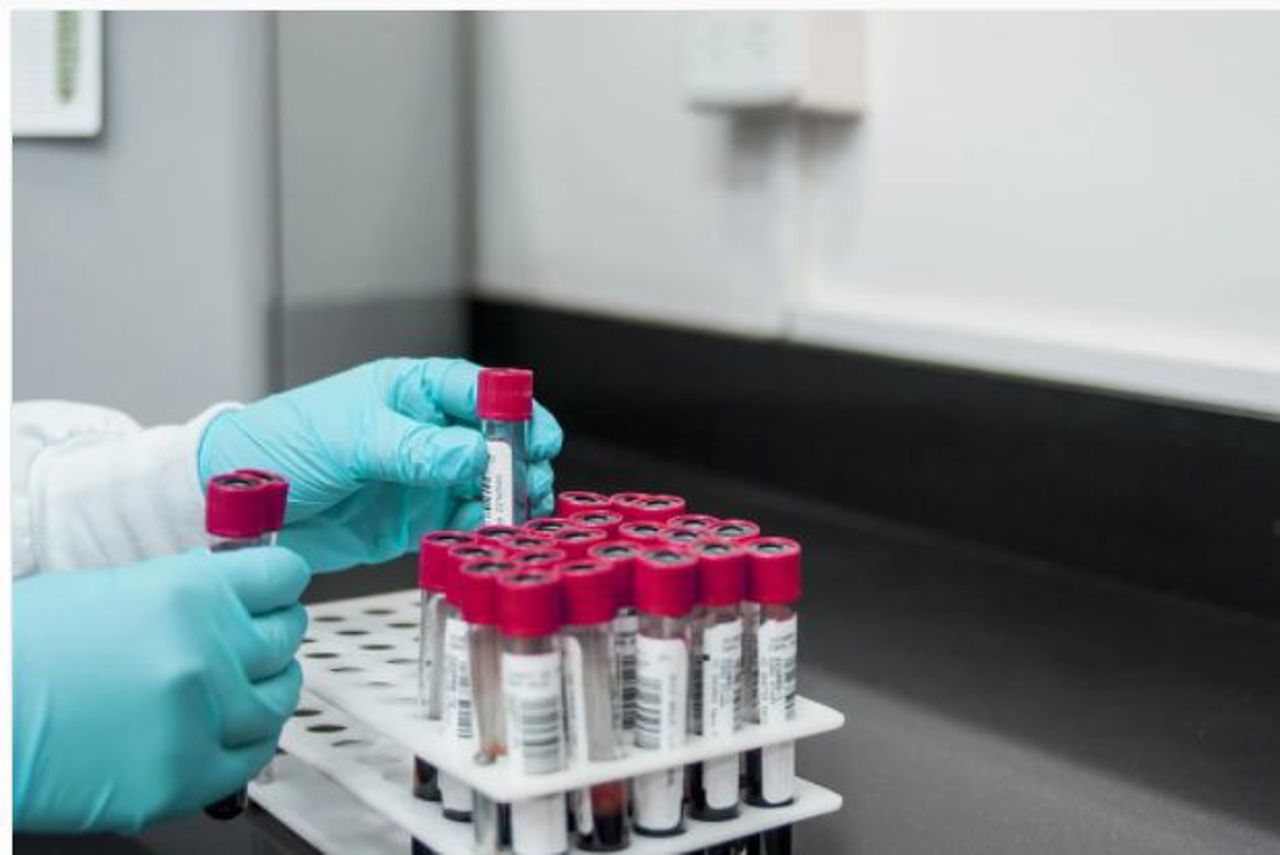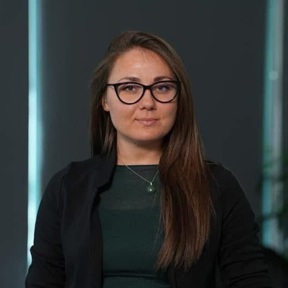Moldovan Student Seeks Breakthrough in Inherited Diseases
A doctoral student at the University of Medicine in the capital is focusing her research on the early detection of inherited diseases, particularly during the intrauterine period.

Her goal is to develop an algorithm for the analysis of laboratory results and the identification of mutations. Researcher Doina Secu notes that while these diseases have a low incidence, approximately one case in every two thousand, early detection and timely symptomatic therapies could help prevent serious complications.
While working on her doctoral thesis, Doina Secu conducts practical research at the Institute of Mother and Child in Chisinau. She has tested 300 patients to date, with roughly 30 suspected of having inherited conditions. Secu explains that inherited diseases most often affect the central nervous system, eyes, skeletal muscles, and vital organs like the kidneys, liver, and pancreas.
"We have identified potentially pathogenic and pathogenic mutations that could be responsible for the symptoms these patients exhibit. The vast majority of cases involve children, although mitochondrial diseases can manifest at any age and in any sex. However, these diseases most frequently begin in childhood, affecting the majority of organs," states scientific researcher Doina Secu.
The results of Secu's testing will contribute to the development of an algorithm that can guide the next steps in disease treatment and the avoidance of complications.
"Establishing an accurate diagnosis for a patient with a suspected mitochondrial disease is crucial. It allows for more effective medical management and the fastest possible therapeutic intervention. Even if the treatment is symptomatic, it could still help avoid subsequent complications," Secu adds.
Genetic inheritance is evaluated through DNA analysis.
"This approach offers hope for the integration of children with many rare diseases into society. Unfortunately, the current diagnostic period is extremely long, sometimes taking years. This delay can lead to irreversible changes, preventing these children from becoming full members of society. Early intervention is key," the researcher emphasises.
Doina Secu, a fifth-year student specialising in molecular biology and medical genetics at the State University of Medicine, is among 21 students in the Republic of Moldova to receive the Government's Scholarship of Excellence this year.
Translation by Iurie Tataru





